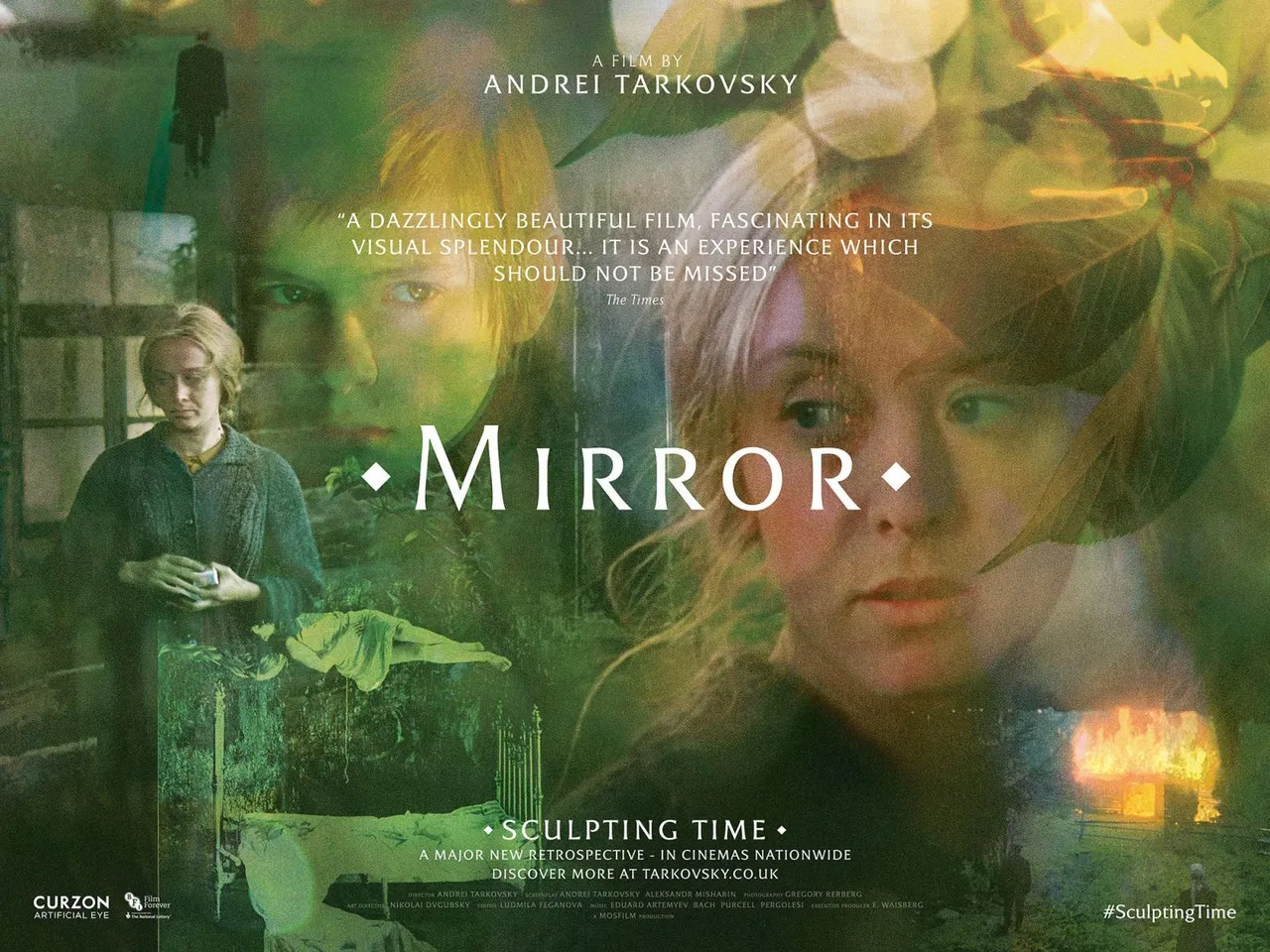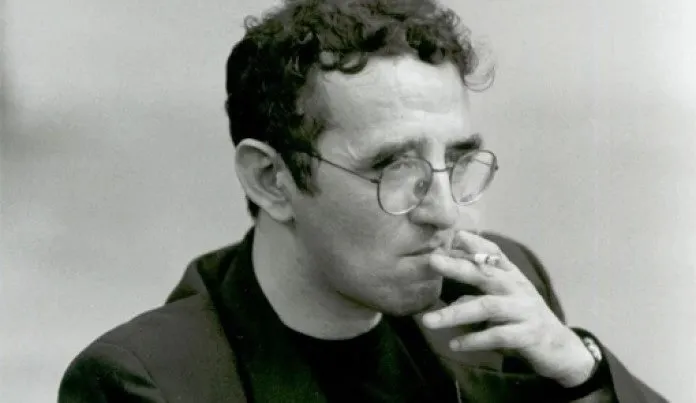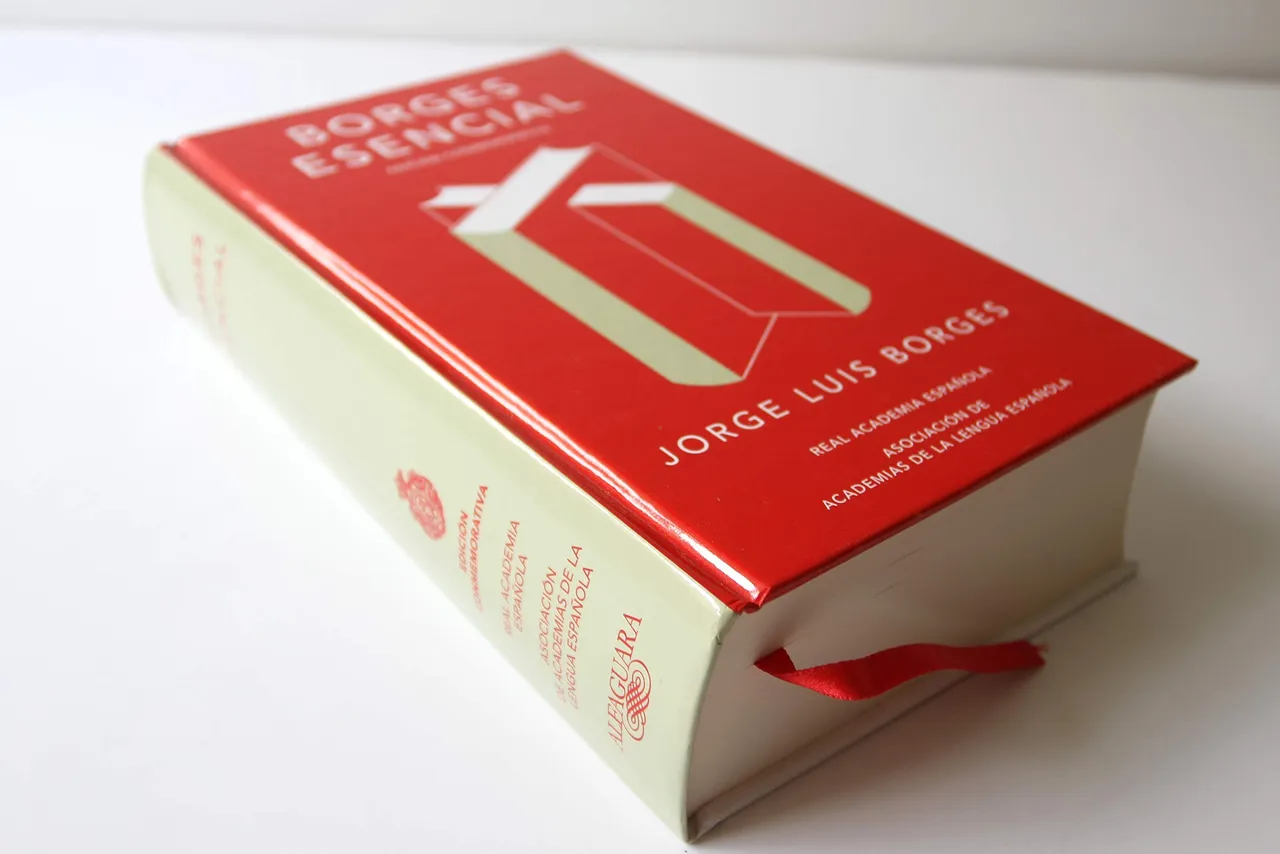
Una de las películas más destacadas del director
I had wanted to see films by the Russian director Andrei Tarkovsky for a long time, not only because he was a benchmark in world cinema, but also because suddenly one day I noticed that in my extensive list of films to watch there were four or five of his, a fact that I did not know when I decided to list them. Not knowing exactly what they were about, yesterday I chose this one, almost randomly.
Tenía muchísimo tiempo queriendo ver películas del director ruso Andrei Tarkovsky, no sólo por ser un referente en el cine mundial, sino también porque de pronto un día noté que en mi extensa lista de películas por ver había cuatro o cinco suyas, dato que yo ignoraba cuando decidí enlistarlas. Sin saber exactamente de qué trataban, ayer escogí esta, casi al azar.
The mirror (3EPKAJIO) is a 1975 film that tells the story of a man, Alekséi, who talks with his wife about their current situation and the reasons why they have distanced themselves, but through the entire film evokes memories and feelings, from his remote childhood, to a present time that at some point moves into the future. To these memories, shown at different times in no apparent order, some dreams, nightmares and fantasies are also added, which help to more or less shape the history of the man and the time in which it developed. The relationship with his mother, his childhood days, his marriage, his son is shown, but the director also includes news footage from the Spanish Civil War, World War II and the confrontation between the USSR and China over Damanski Island, creating an interesting collage that also alternates scenes filmed in color with others in black and white.
El espejo (3EPKAJIO) es una película de 1975 que cuenta la historia de un hombre, Alekséi, quien conversa con su esposa sobre su situación actual y los motivos por los que se han distanciado, pero que a través de toda la cinta evoca recuerdos y sentimientos, desde su remota niñez, hasta una actualidad que en algún momento avanza hacia el futuro. A estos recuerdos, mostrados en diferentes tiempos sin orden aparente, se agregan además algunos sueños, pesadillas, fantasías, que van ayudando a configurar, más o menos, la historia del hombre y de la época en la cual se desarrolló. Se muestra la relación con su madre, sus días de infancia, su matrimonio, su hijo, pero el director incluye también material fílmico de noticieros sobre la guerra civil española, la segunda guerra mundial y el enfrentamiento entre la URSS y China por la isla Damanski, configurando un collage interesante que además alterna escenas filmadas a color con otras en blanco y negro.
In the film, in addition, there are poems written and recited by Arseny Tarkovsky, father of the director and according to those who know the Russian's biography best, the film portrays his own past, but also that of a country and that of world events. Hence, for many the film is cryptic and incomprehensible, loaded with symbols, with metaphors that are not always clear and those who want to order the story and try to make a biography with logical chronology, separating what is real from what is not, I'm afraid that they will fail in their attempt.
En la película, además, suenan poemas escritos y recitados por Arseny Tarkovsky, padre del director y según quienes conocen mejor la biografía del ruso, la película retrata su propio pasado, pero también el de un país y el del acontecer mundial. De allí que para muchos la película sea críptica e incomprensible, cargada de símbolos, de metáforas que no siempre quedan claras y quienes quieran ordenar la historia y tratar de hacer una biografía con cronología lógica, separando lo que es real de lo que no, temo que fracasarán en su intento.
Now that doesn't make the movie unenjoyable. On the contrary, it's quite a cinematic experience. The frames, the camera sequences, the photography and the direction are exquisite. There are shots of such exuberant beauty that one cannot but immerse oneself in the aesthetics of a film that, although it is telling a disorderly story, is provoking emotions in the viewer: sadness, pain, restlessness, even some fear, when showing spectacular dreamlike sequences, accompanied by spooky music. These sequences that show what seem like dreams, or nightmares, are of great beauty and considering that they were filmed almost half a century ago, the merit is even greater.
Ahora bien, eso no hace que la película no pueda disfrutarse. Al contrario, es toda una experiencia cinematográfica. Los encuadres, las secuencias de cámara, la fotografía y la dirección, son exquisitas. Hay unas tomas de tan exuberante belleza que uno no puede sino sumergirse en la estética de una película que, aunque va contando una historia desordenada, va provocando emociones en el espectador: tristeza, dolor, inquietud, incluso algo de miedo, al mostrar secuencias oníricas espectaculares, acompañadas de una música espeluznante. Estas secuencias que muestran lo que parecen sueños, o pesadillas, son de una gran belleza y tomando en cuenta que fueron filmadas hace casi medio siglo, el mérito es aún mayor.
Another of the things that makes it difficult to follow the story are actors and actresses who play different roles, a protagonist whose face we never see, although we hear him speak with different characters and the fact that the color and black and white sequences do not seem to correspond to a logical order. If it were only, for example, that the memories were in black and white, we would deduce that the real is what is shown in color. But it's not like that. However, far from seeming nonsense, the film caught me, kept me attentive, especially on an aesthetic level, and dazzled me with the cinematic quality displayed. Like many others, I think The mirror would have been much more recognized in its time if the political context of the USSR had been different at the time.
Otra de las cosas que dificulta seguir la historia son actores y actrices que interpretan diferentes papeles, un protagonista cuyo rostro nunca vemos, aunque lo oímos hablar con diferentes personajes y el hecho de que las secuencias a color y en blanco y negro no parecen correponder a un orden lógico. Si sólo fuera, por ejemplo, que los recuerdos fuesen en blanco y negro, deduciríamos que lo real es lo que se muestra a color. Pero no es así. Sin embargo, lejos de parecerme un sinsentido, la película me atrapó, me mantuvo atento, sobre todo a nivel estético, y me deslumbró con la calidad cinematográfica desplegada. Al igual que muchos otros, creo que El espejo hubiera sido mucho más reconocida en su época si hubiera sido otro el contexto político de la URSS en el momento.
Many consider it a cult film and Andrei Tarkovsky a cult director, definitions that always seem to indicate that they are not for everyone. It's true that this film is an unconventional cinematographic jewel, which seeks to make you feel more than tell and that a great majority of people may find it incomprehensible, but those who love cinema as an art will enjoy the auditory and visual delight that this film represents, shots look like paintings. Tarkovsky is more than a film director, as there are many; he is a real artist, like few others.
Muchos la consideran una película de culto y consideran a Andrei Tarkovsky un director de culto, definiciones que parecen indicar siempre que no son para todo el mundo. Es cierto que esta cinta es una joya cinematográfica poco convencional, que busca hacer sentir más que contar y que a una gran mayoría de personas les puede parecer incomprensible, pero quienes aman el cine como arte disfrutarán el deleite auditivo y visual que representa esta cinta cuyas tomas parecen pinturas. Tarkovsky es más que un director de cine, como hay muchos; es verdadero un artista, como pocos.








